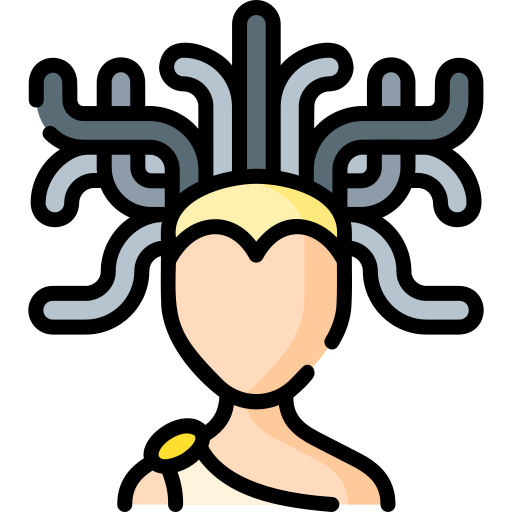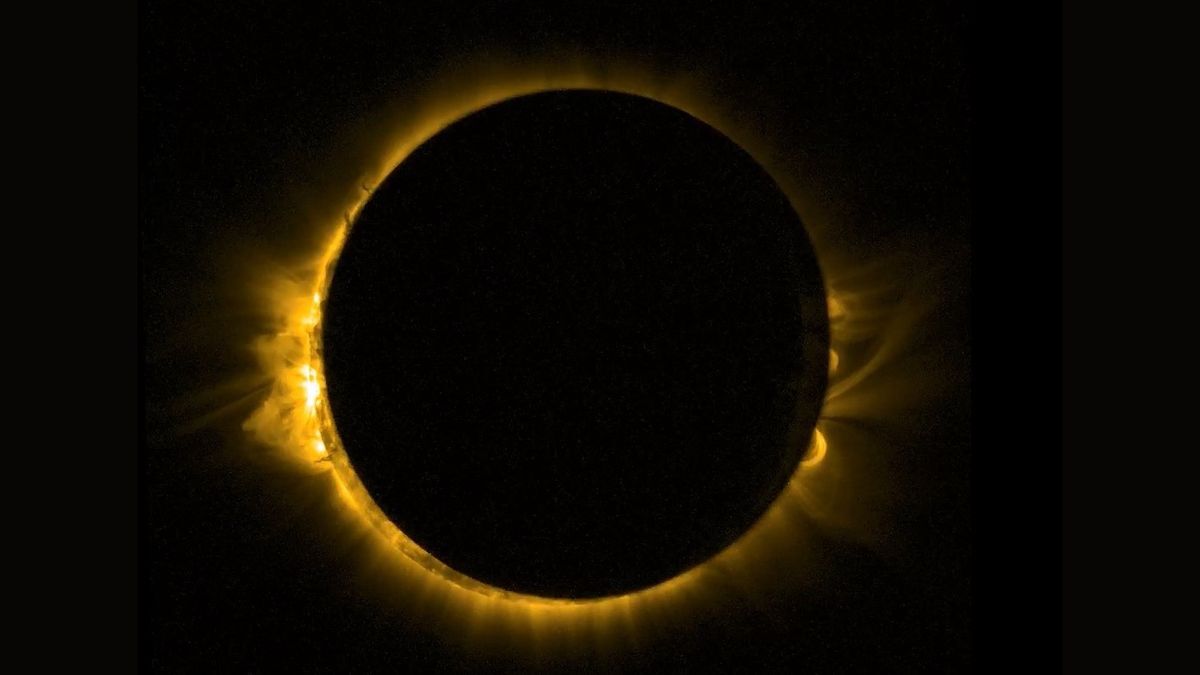For millennia, solar eclipses have inspired awe, wonder and fear. After all, it’s not often that twilight descends in the middle of the day. And just as we plan for and anticipate their occurrence — like the total solar eclipse that will be visible to millions of North Americans on April 8 — ancient cultures across the world, from the Mayans to the ancient Greeks, developed their own mythologies and traditions around eclipses.
So what did these people think when they saw the sun darkening during the day?
On a surface level, people from ancient cultures knew exactly what they were looking at. “Anybody who pays attention to the sky would be well aware that the moon is blocking the sun,” Anthony Aveni, a professor of anthropology and astronomy at Colgate University in New York, told Live Science. But the significance of that event would have been very different to ancient peoples. “Cultures other than our own, both present and past, had a very different take on the natural world,” Aveni added.


